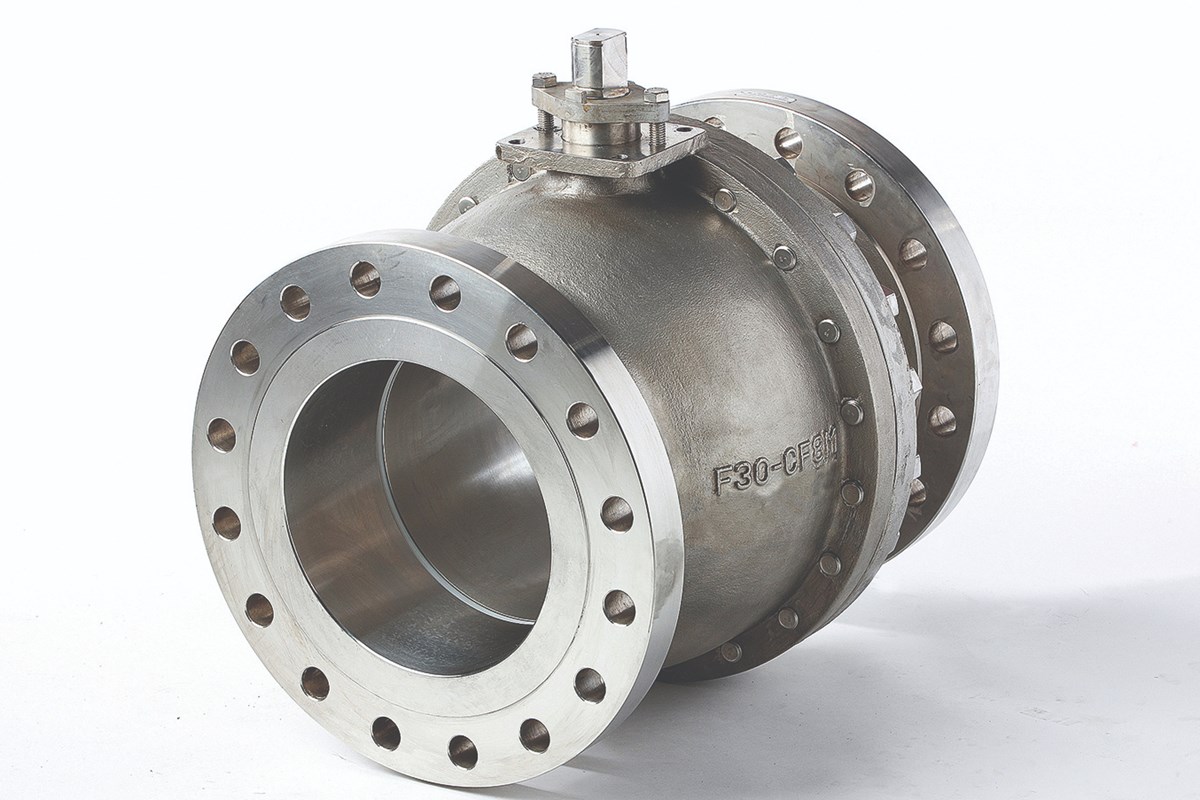Introduction:

In the realm of fluid control systems, valves play a crucial role in regulating the flow and controlling the pressure of various liquids and gases. Among the various types of valves available, the float ball valve has gained significant popularity due to its unique design and unparalleled functionality. In this blog, we will take an in-depth look into float ball valves, their working mechanism, and their applicability in different settings.
What Is a Float Ball Valve?
A float ball valve is a type of valve mechanism that controls the flow of fluids by utilizing a floating ball within the valve body. This ball, typically made of buoyant materials such as stainless steel or plastic, rests on top of the liquid surface and regulates the flow based on its position. As the fluid level rises or drops, the float ball moves accordingly, either opening or closing the valve. This mechanism makes it an ideal choice for controlling fluid flow in tanks, reservoirs, pipelines, and other similar applications.
Working Principle:
The working principle of a float ball valve is relatively straightforward. When the fluid level rises, the float ball, buoyed by the liquid, also ascends. As it reaches a predetermined height, the float ball lifts a sealing mechanism, allowing the fluid to flow freely. Conversely, when the liquid level decreases, the buoyancy decreases as well, causing the float ball to descend. The descending motion then aligns the sealing mechanism, thereby shutting off the flow. This simple yet efficient mechanism ensures smooth and accurate control over fluid flow rates, providing stability and reliability in fluid management.
Applications and Advantages:
Float ball valves find extensive use in various industries, including water treatment, chemical processing, oil and gas, pharmaceuticals, and agriculture. Their versatile nature and unique design allow for seamless integration into different fluid control systems. Some notable advantages of using float ball valves include:
1. Versatility: Float ball valves can handle a wide range of fluids, including water, oils, chemicals, and gases, making them suitable for diverse applications.
2. Precise Control: Through the float ball mechanism, these valves offer precise control over fluid flow rates, ensuring optimal performance and preventing any potential damage caused by excessive flow or pressure.
3. Low Maintenance: The simplified design of float ball valves minimizes the need for regular maintenance, resulting in cost savings and extended operational lifespan.
4. Easy Installation: Float ball valves can be easily installed in various settings due to their compact structure, allowing for quick integration into existing systems without major modifications.
5. Space Efficiency: Unlike rising stem gate valves, float ball valves do not require significant vertical space, making them an ideal choice for installations with limited headroom.
Keywords for SEO: Float ball valve, ball valve mechanism, fluid control systems, working principle, applications, advantages
Conclusion:
Float ball valves have revolutionized fluid control systems by providing efficient and reliable regulation of liquids and gases. With their ability to handle diverse fluids, precise control, and easy installation, these valves have become an indispensable component in numerous industries. Whether in water treatment plants, chemical processing facilities, or agricultural setups, float ball valves offer an optimal solution for fluid management. Their unique design, low maintenance requirements, and space efficiency make them a go-to choice for engineers and system designers. By incorporating float ball valves into fluid control systems, industries can achieve enhanced productivity, improved safety, and streamlined operations.
